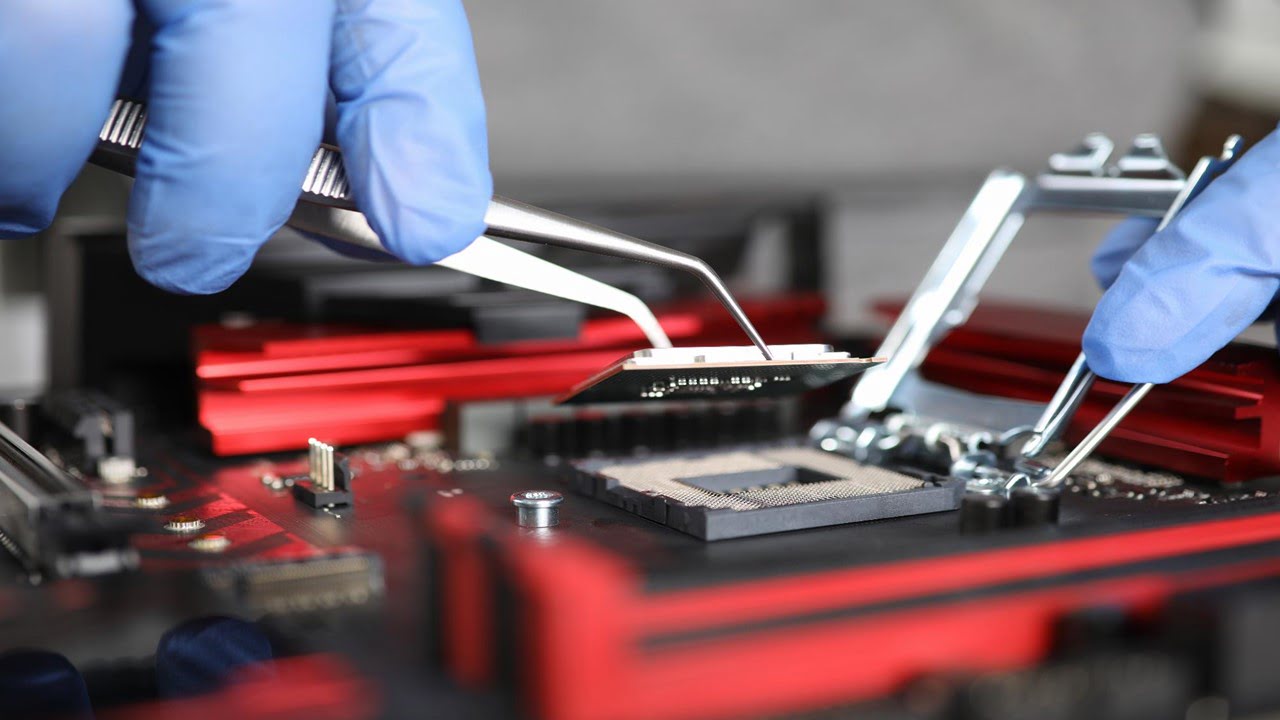
Researchers have developed a pick-and-place integration process, generally referred to as transfer printing, for thin-film devices to allow local hybrid materials integration on host PICs. The method provides the freedom to carry out multiple printing processes on a single chip. The method relies on transferring membrane devices or coupons of material with dimensions in the [..]
Read More
Tumors within an organ release cells into circulation as they grow. These cells can spread to other organs, causing metastases or new tumors. Engineers have now discovered a technology that allows them to assess the rate of development of these circulating tumor cells (CTCs) in mice for the first time. Their method, which also displays [..]
Read More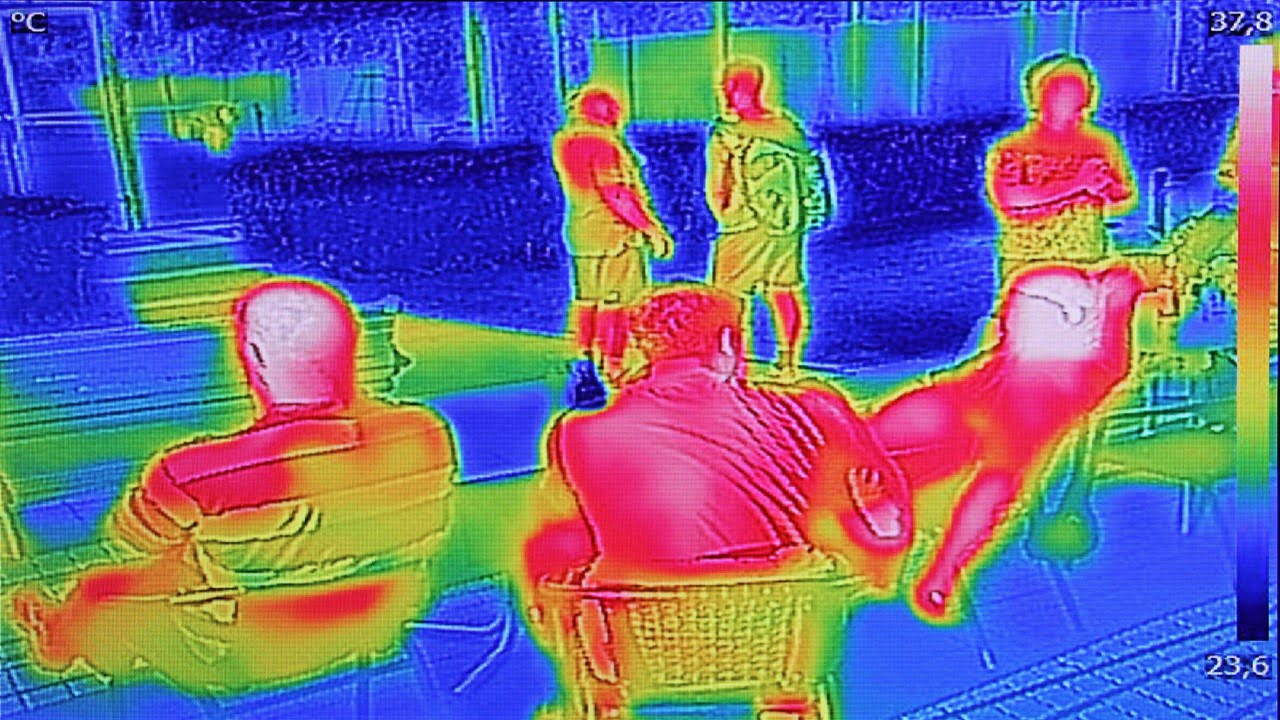
Scientists have created an IR detector with two separate IR bands and a bias-switchable spectral response. The gadget changes from the near-infrared (NIR) to the shortwave infrared (SWIR) band to reverse the detector’s bias voltage. Integrating the silicon-based dual-band photodetector into existing camera circuits and cellphones is possible. A thin layer of Si acts as [..]
Read More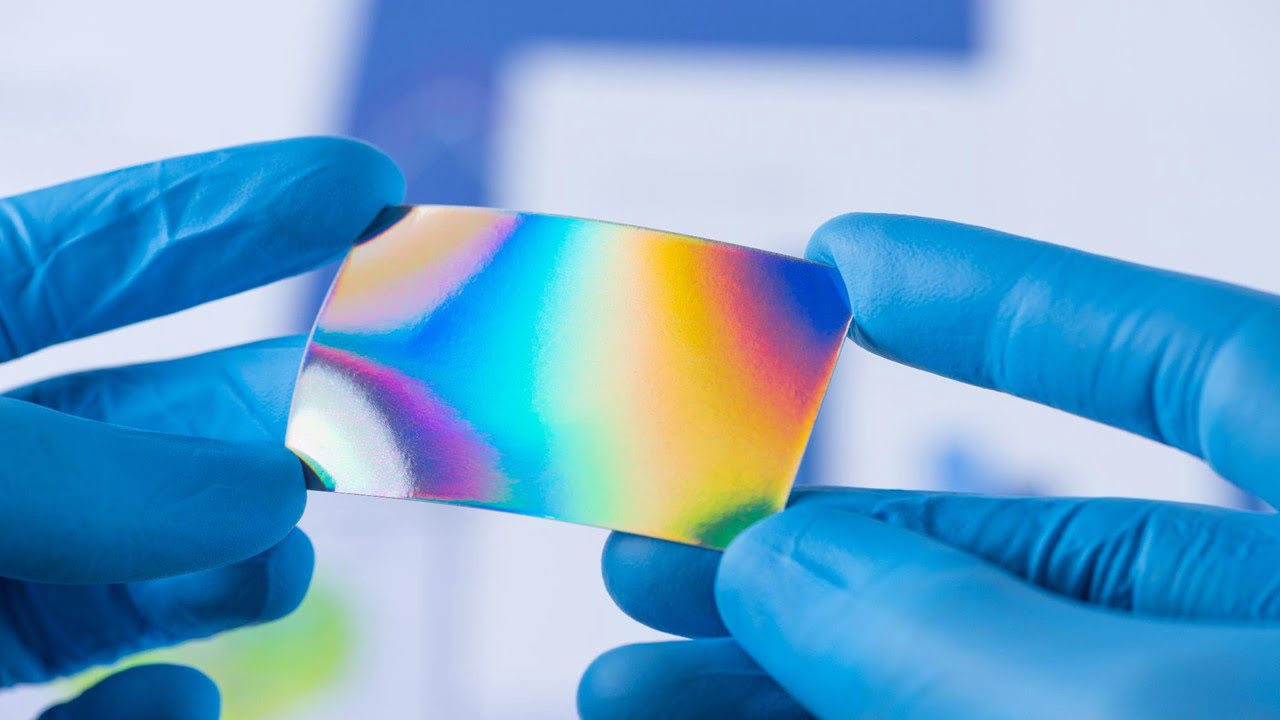
Active display illumination technology generates a surplus of energy demand. Reflective displays (using thin films) that do not require active illumination can stifle this demand. However, these display technologies are challenging to employ in low-light conditions due to a lack of active light sources. The reflection of optical rays within a polymer-embedded microsphere introduces reflective [..]
Read More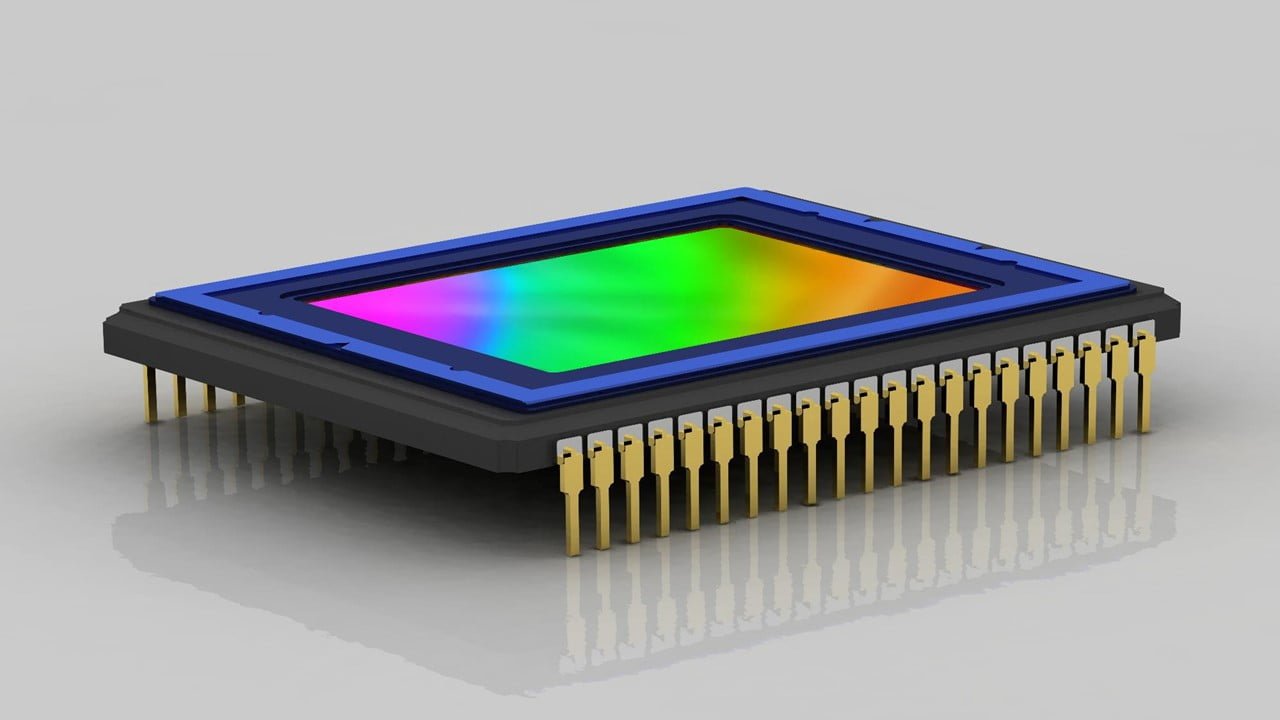
Photopyroelectric detectors can absorb electromagnetic radiation, convert the absorbed energy into thermal energy, and generate a pyroelectric voltage (PEV) across a pyroelectric material. Their applications include energy harvesting, infrared sensing, and thermal imaging. Conventional narrowband photopyroelectric detectors require a bulky bandpass filter. Alternatively, a narrowband filter, such as a photonic crystal, can be directly integrated [..]
Read More
Researchers have developed a new imaging strategy to see the small, ultrastructural changes in dendritic spines during structural plasticity. They have captured the best of both imaging modalities by refining and elaborating on an established imaging technique called correlative light and electron microscopy (CLEM). Using 2-photon optical microscopy and glutamate uncaging, the research team first [..]
Read More
Researchers have significantly improved the response time of a four mm-aperture hole-patterned liquid crystal (HLC) lens with doping of N-benzyl-2-methyl-4-nitroaniline (BNA) and rutile titanium dioxide nanoparticle (TiO2 NP) nanocomposite. The proposed HLC lens provides focus and defocus times (related to the wavefront bending speed) that are 8.5× and 14× faster than the new HLC lens, [..]
Read More
Silicon Carbide (SiC) is a CMOS-compatible semiconductor material that promises to realize the monolithic integration of electronics and photonics with low fabrication costs via CMOS foundry. The non-centrosymmetric crystal structures of SiC grant both second-order and third-order nonlinear effects, enabling an efficient light frequency conversion and on-chip generation of nonclassical light states. SiC exhibits the [..]
Read More
Cavity optomechanics has recently gained a lot of interest from the quantum physics, quantum optics, and quantum information sciences sectors. It is due to the importance of cavity optomechanics in studying fundamental quantum mechanics problems and quantum precision measurements. Quantum simulation, as a cutting-edge approach, could be a valuable tool for investigating optomechanical interactions in [..]
Read More
Using ‘core@shell’ nanocrystals with atomically conformal metal laminations, researchers have created a method that greatly increases the performance of plasmonic photocatalysts. Core@shells Nanocrystals with a core surrounded by a shell can use the interfacial synergy between the core and shell equivalents, making them useful in catalysis, electronics, and displays. The core plasmonic nanoparticles (gold) surface [..]
Read More
Outliers of a population, e.g., cells with a rare function that arise in fewer than one in a million individuals, are of great interest to biologists. The inherent balance with microscopes between viewing cells at a sufficient spatial resolution while still keeping a large field of view to capture unique specimens has impeded these investigations. [..]
Read More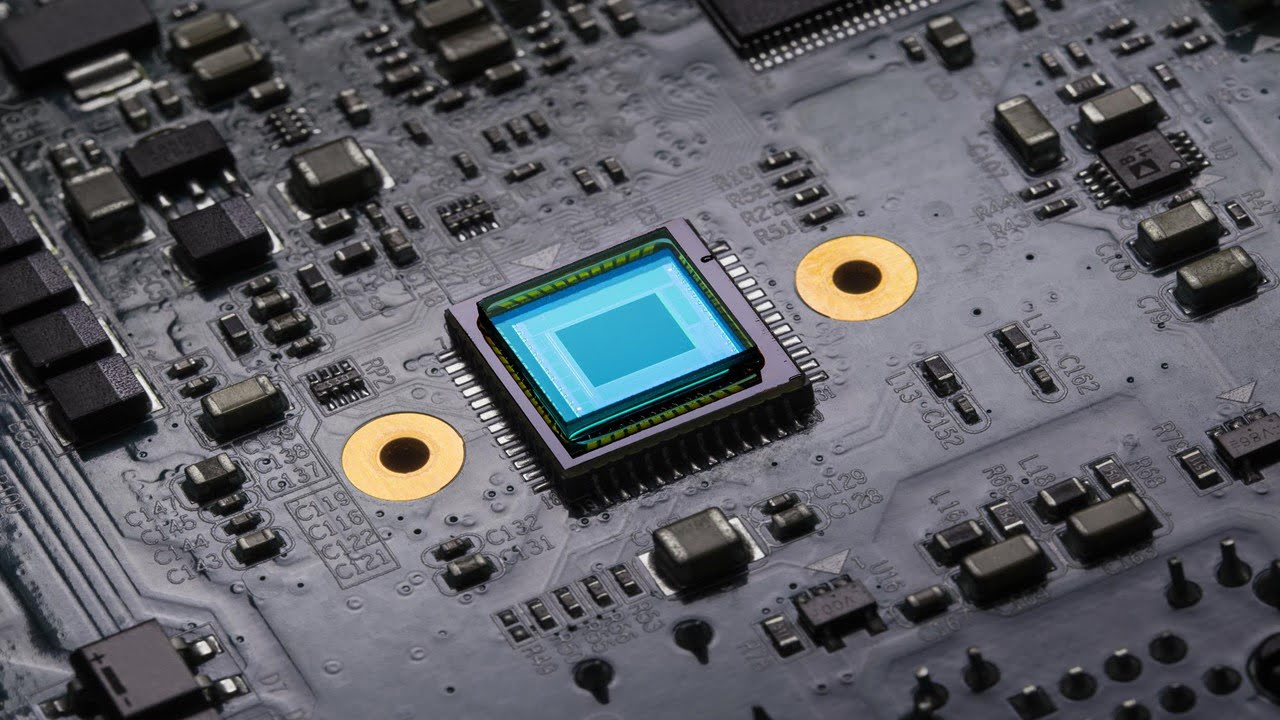
Researchers have developed inexpensive breathalyzers integrated into the screens of smartphones or wearables. The new technology uses the evaporation rate of the fog produced by the breath on the phone screen, which increases with increasing breath alcohol content. The breathalyzers use a photodiode placed on the side of the screen to measure the signature of [..]
Read More
A team of researchers has applied deep learning to scanning electron microscopy to develop a super-resolution imaging technique. It can convert a low-resolution microstructure image into a super-resolution image. In modern-day materials research, scanning electron microscopy images play a crucial role in developing new materials, from microstructure visualization and characterization to numerical material behavior analysis. [..]
Read More
With the introduction of flexible materials, photonics can furnish numerous intriguing opportunities for fundamental and applied research, enabling many applications beyond its electronic counterpart’s capabilities. It is non-invasive, ultrasensitive to external stimuli, and immune to electromagnetic interference of photons as signal carriers. Photonic devices have demonstrated exceptional optical modulation and sensing performance, indicating enormous promise [..]
Read More
Voice biometrics is a powerful and convenient form of biometrics that will be crucial in enhancing anti-fraud technology. Whereas one type of biometrics provides decent security against would-be hackers, two provide significantly greater protection, resulting in lower fraud rates. Using both face and voice biometrics makes the verification process nearly impregnable to fraudsters, providing four [..]
Read More
Using atomic force microscopy-based, time-traced imaging and force spectroscopy measurements, researchers report changes in cancer cells’ biomechanics and biophysical properties caused by standard chemotherapeutic drugs. The researchers add to our understanding of the interactions between hypoxia and chemotherapeutic drugs. The stiffness kinetics of untreated cancer cells remain consistent in both normoxia and hypoxia, regardless of [..]
Read More
Boiling is a complicated physical phenomenon involving at least two phases of matter. Many factors contribute to the system. Liquid-to-gas conversion takes energy from heated surfaces, preventing overheating in everything from nuclear power plants to powerful computer chips. However, if surfaces become too heated, they may undergo a boiling crisis. Bubbles form quickly in a [..]
Read More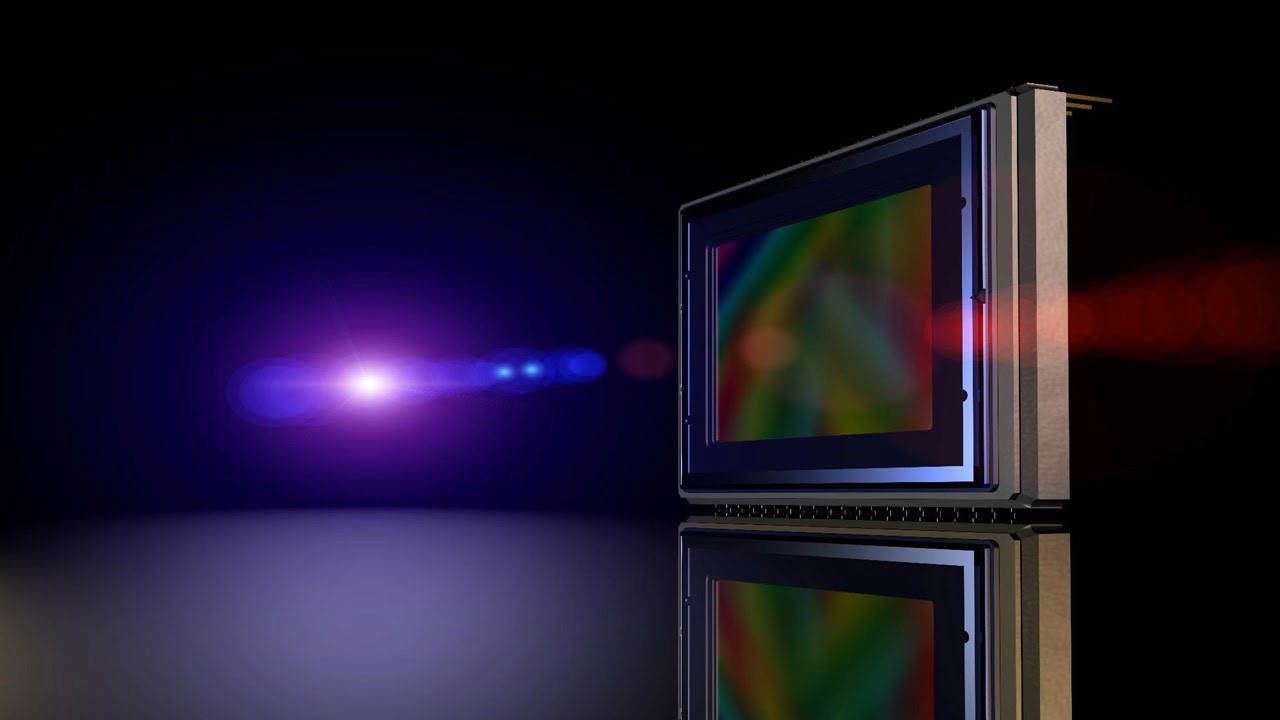
Researchers have combined a new oxygen-sensing film with machine learning to create a wearable sensor capable of measuring tissue oxygenation through the skin. The device could continuously monitor a person’s oxygen levels for applications in medicine and sports. The device comprises a 3D-printed housing, a sensor head, and an adhesive oxygen-sensing film. Electronic components process [..]
Read More
Researchers created a camera with a curved, adaptable imaging sensor that could improve image quality in endoscopes, night vision goggles, artificial compound eyes, and fish-eye cameras. Kirigami, the Japanese art of paper cutting, was used to create the camera. Existing curvy imagers are stretchable but have low pixel density and pixel fill factors, or they [..]
Read More
Researchers have developed a deep-learning platform to speed up the MRI reconstruction process. The framework takes a fraction of the traditional technique’s measurements. It uses plug-and-play algorithms to combine physics-driven data acquisition models with state-of-the-art learned image models. The plug-and-play techniques recover pictures faster, with improved quality and potentially superior diagnostic utility than existing MRI [..]
Read More